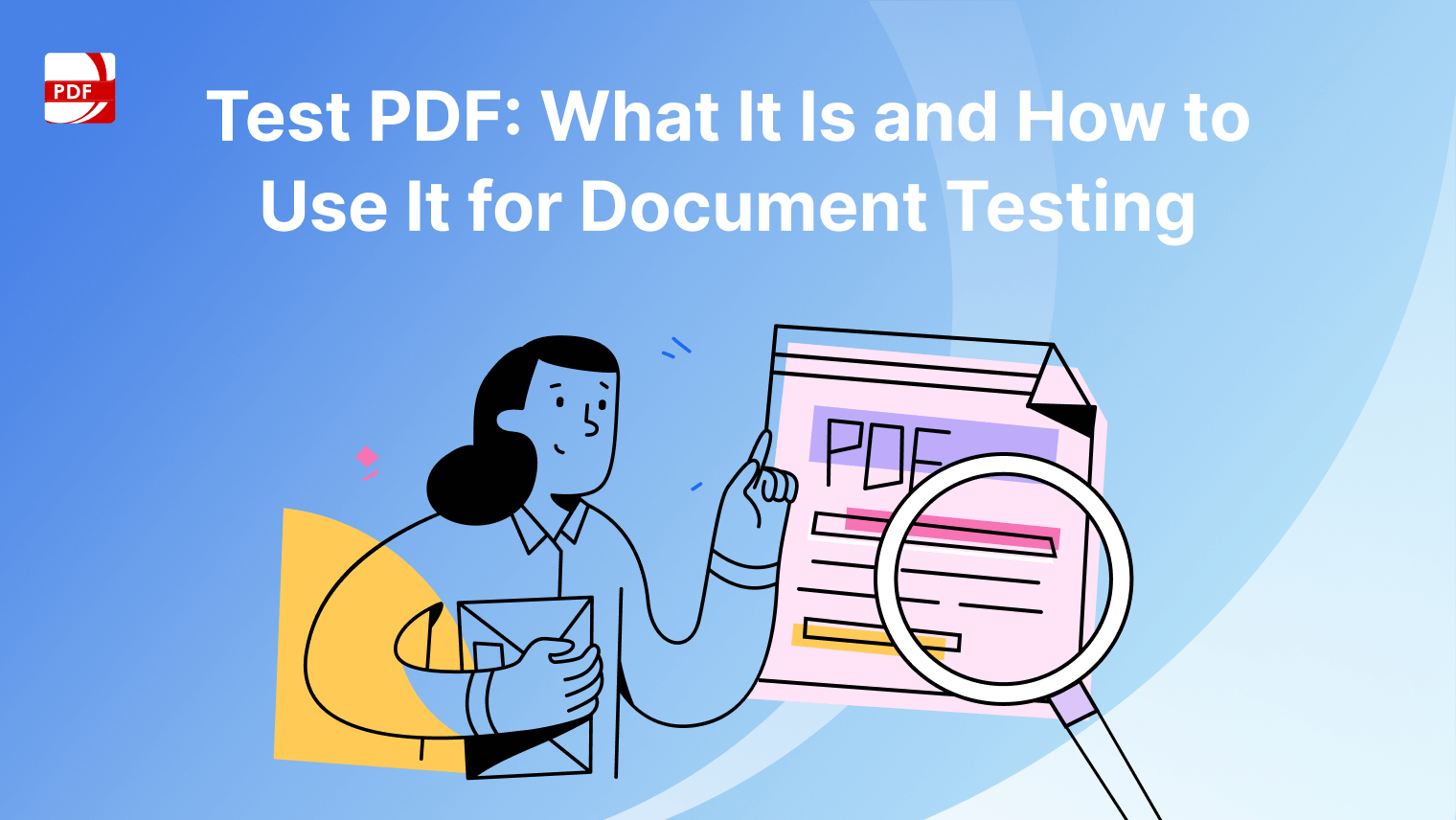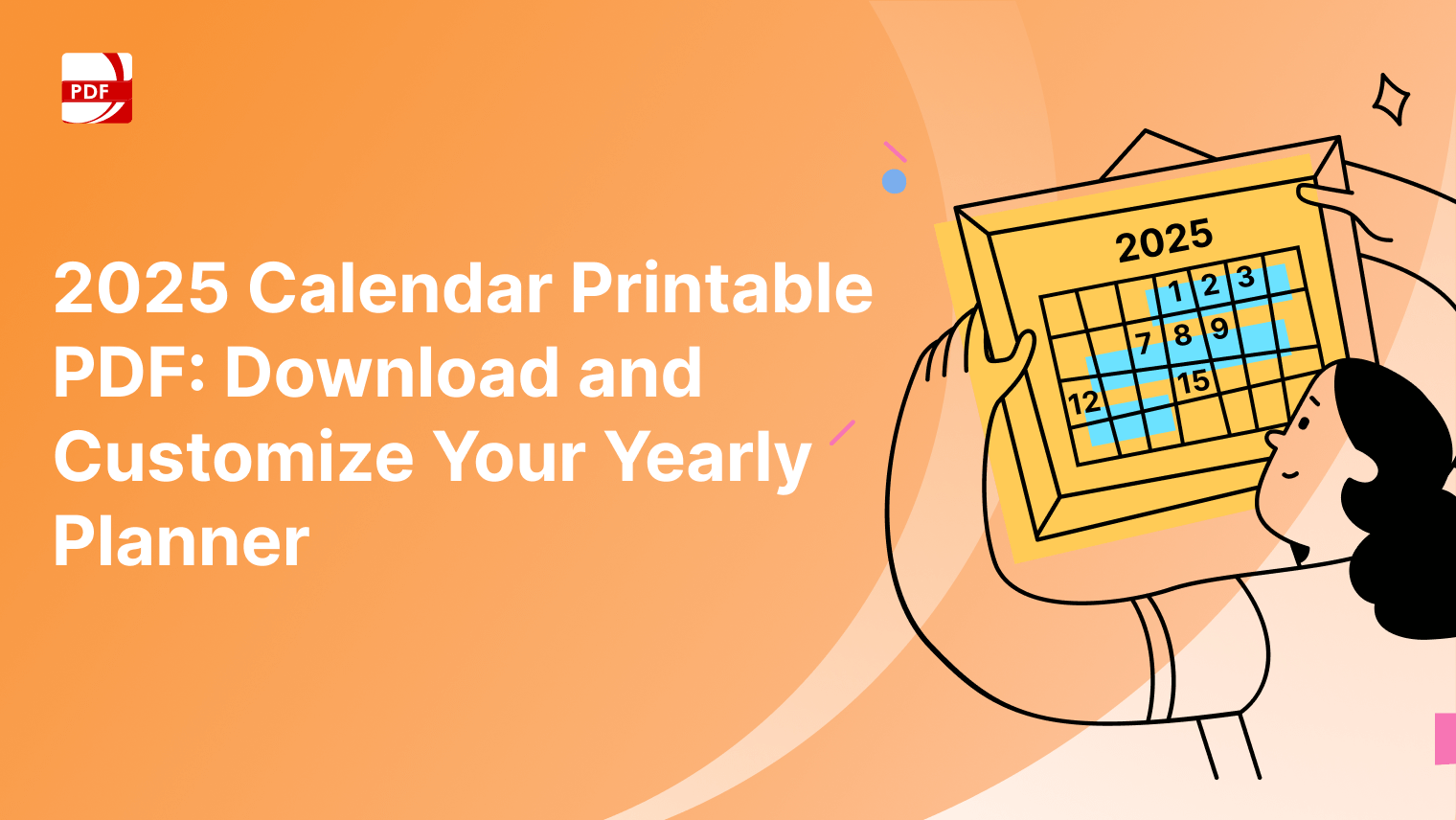Every day, students have to not only read but also really understand and remember their reading. This becomes more and more important as they move forward in school.
By using some smart strategies with PDF Reader Pro, we're going to make the tough job of going through lots of text into something fun, useful, and even enjoyable. Let's see how we can make studying better and easier for everyone.
1. Utilize Text-to-Speech for Auditory Learning
For auditory learners, listening to the text can enhance understanding. PDF Reader Pro’s text-to-speech feature reads the material out loud, facilitating a better grasp of the content through auditory reinforcement.

2. Summarize Sections to Boost Retention
Summarizing helps condense information and retain the essence of what’s read. Students can use the note-taking feature in PDF Reader Pro to jot down summaries of each section or chapter directly on the document.
3. Highlight and Review Key Points Regularly
Regular review is key to moving information from short-term to long-term memory. PDF Reader Pro’s highlighting feature allows students to go back and easily review the key points they’ve marked, facilitating better retention.

4. Annotate Texts for Deeper Understanding
Annotating texts is crucial for engaging actively with the material. PDF Reader Pro allows students to highlight, underline, and add notes directly onto the PDF. This interaction makes it easier to remember key points and clarify thoughts.

5. Practice Active Questioning to Encourage Critical Thinking
Encourage students to use the comment feature in PDF Reader Pro to ask questions about the text as they read. This strategy promotes active engagement and critical thinking, as students are prompted to think deeply about the content and seek answers to their queries.
6. Engage with Interactive Content for Dynamic Learning
PDF Reader Pro supports interactive content, including hyperlinks and embedded videos, making the reading experience more engaging and dynamic. Interacting with these elements can enhance understanding and make learning more enjoyable.

7. Collaborate and Share Insights with Peers
Sharing insights and collaborating with peers can deepen understanding. PDF Reader Pro’s sharing features enable students to share annotated documents with classmates, fostering a collaborative learning environment.
8. Incorporate Color Coding in Highlights for Thematic Organization
Advise students to use different highlight colors for categorizing information by theme or subject matter. This visual strategy can aid in organizing notes and makes it easier to review and recall information based on the color-coded system.

9. Utilize Split View for Comparative Reading
When studying, students often need to compare texts or refer to multiple documents simultaneously. PDF Reader Pro’s split-view feature allows students to open and view two documents side-by-side, facilitating comparative reading and analysis without the need to switch back and forth between files.

10. Use the Bookmark Feature for Effective Navigation
Navigating through large documents can be challenging. Teach students to use PDF Reader Pro’s bookmark feature to mark important sections or where they left off. This not only saves time but also helps in structuring their review sessions more effectively.

PDF Reader Pro is here to help. It's super easy to use and lets you easily highlight content, add notes, and even read PDFs out loud. So, why not give PDF Reader Pro a shot? It could really make dealing with PDFs a lot easier.
Reading Comprehension Strategies
When it comes to enhancing reading comprehension, employing various strategies can significantly improve your ability to understand and retain information.
Read Aloud
Reading text aloud engages the senses, making it easier to understand and remember the content. It helps decode difficult texts and improve pronunciation, especially for younger readers or those struggling with reading. For older students, it aids in processing complex information and clarifying confusing parts.
Build Background Knowledge
Background knowledge helps students connect new information with what they already know, enhancing comprehension. Educators can build this by exploring related topics, watching educational videos, or discussing the subject before reading. This context makes new content more understandable and memorable.
Find the Main Idea and Supporting Details
Identifying the main idea and supporting details is crucial for understanding any text. Students should summarize the main idea in their own words and then look for sentences that provide evidence or elaboration. This method improves comprehension and analytical skills.
Questioning Strategy
Actively questioning the text while reading encourages deeper engagement and understanding. Questions can be predictive, inferential, or evaluative, focusing the mind and enhancing retention. This strategy turns reading into an active search for knowledge and insight.
Practice Using New Vocabulary
Learning new vocabulary is key to reading comprehension. Students should actively look up new words, create sentences with them, or use them in conversation. Using new vocabulary correctly improves understanding of complex texts and ability to express ideas effectively.









 Free Download
Free Download  Free Download
Free Download 





 Support Chat
Support Chat 